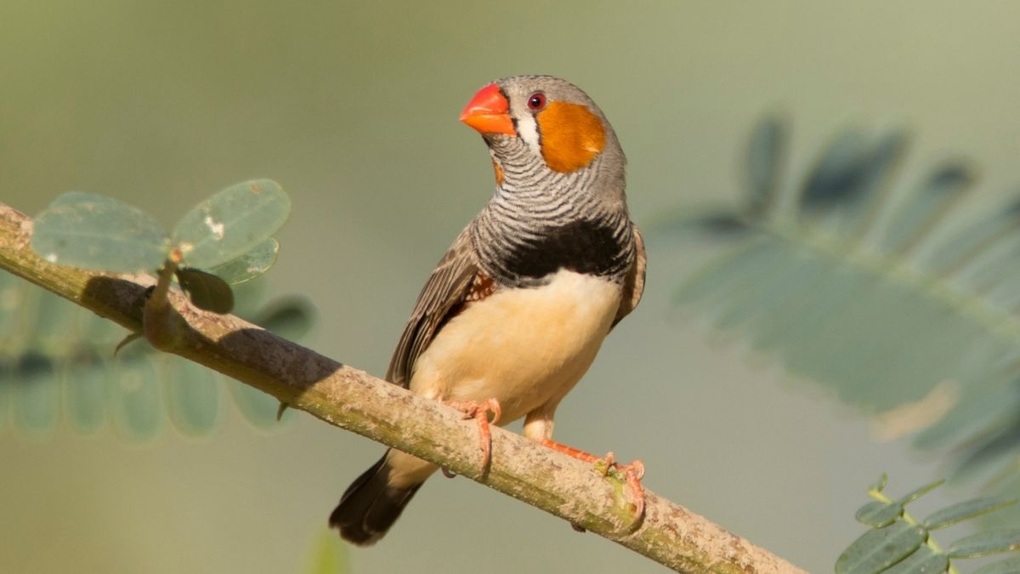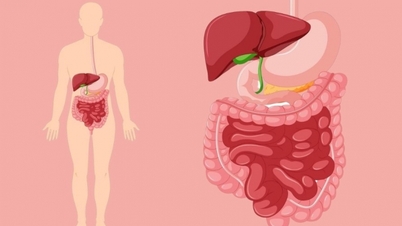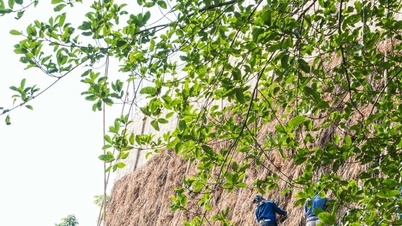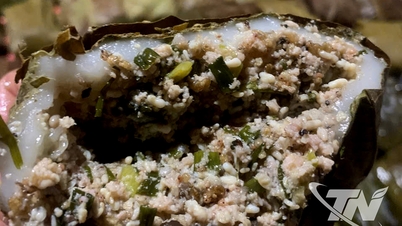
Dawn is signaled by choruses of birds around the world , but we still don't understand why these "neighbors" always keep the habit of singing in the morning like that.
A new study, which has not yet been peer-reviewed, explored this behavior in captive zebra finches (Taeniopygia guttata) and found that the intensity of their singing can be boosted by the hours just before dawn.
In a well-lit lab, male zebra finches spontaneously sang hundreds of songs, but in total darkness, they didn’t call out a single call. This led researchers to wonder how the interaction between day and night affected the birds’ dawn chorus.
When sunrise was artificially delayed by three hours by keeping the lights off longer in experiments, the sparrows' songs increased and started earlier than when sunrise was not delayed, as if they were eagerly awaiting the start of the new day.
Delaying dawn by a few hours does not help the birds sleep well. They wake up on time, move around actively in the dark but still suppress their singing.
Their impatience was further confirmed when they were given a light trigger 10 seconds earlier. Given this opportunity, birds in the delayed dawn setting frequently turned on their lights, something they did not do when dawn came earlier than normal.
"Birds wake up in the dark long before dawn, possibly due to a hormonal mechanism involving melatonin, and their natural motivation to sing is increased while natural singing is suppressed by darkness," the team, led by biologist Ednei Barros dos Santos of the Korea Brain Research Institute, wrote.
This vigorous morning singing may help birds warm up their singing after a night's rest, helping them quickly perfect their performance and improving their chances of breeding successfully during the day.
“Because a vocal training function has been proposed for dawn chorus in wild songbirds, we propose that these mechanisms and functions… may apply, at least in part, to the common dawn chorus seen in wild birds,” the team writes.
This research report was posted on bioRxiv, an open-access preprint repository of biological research.
Source: https://dantri.com.vn/khoa-hoc/tai-sao-chim-hot-vao-luc-binh-minh-20251119025457654.htm














































































































Comment (0)